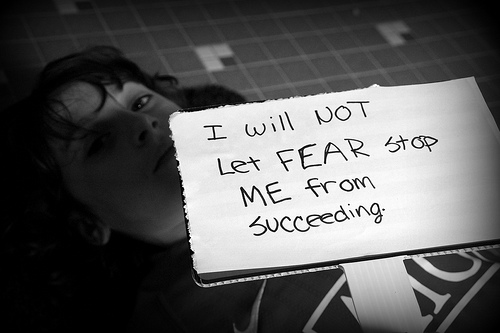Summary of Building Self-Esteem
 Self Esteem – So many different strategies for raising your self-esteem have been presented in this chapter. The following worksheet is intended to help you organize what you’ve learned and decide which particular strategies for building self-esteem you want to try out in the immediate future.
Self Esteem – So many different strategies for raising your self-esteem have been presented in this chapter. The following worksheet is intended to help you organize what you’ve learned and decide which particular strategies for building self-esteem you want to try out in the immediate future.
I recommend that you stick with no more than three or four strategies and devote at least one week to each. For the questions below, write out specificallly what actions you’ll take with respect to each intervention.
1. Identify no more than three or four needs from the list of needs mentioned earlier in this chapter that you’d like to give special attention to. Then take action to do something about meeting those needs you’ve singled out. What specifically will you do?
2. Work on bringing out your inner child.
- Record and listen to the inner child visualization
- Write a letter to your inner child
- Carry around a photo of yourself as a child
- Engage in playful activities that give expression to your inner child. What activities will you practice?
3. Work on redescribing negative feelings states as pleas for attention from your inner child. Describe examples of when you do this over a period of at least one week.
4. Do one or more things from the list of self-nurturing activites to help improve your self esteem. What will you do for each day of a given week?
5. Work on building your support system. How will you specifically do this?
6. Work on cultivating or enhancing an intimate relationship (for example, spending quality time with your partner, taking a course in communication skills, attending a marriage encounter weekend). How will you do this?
7. Work on improving your understanding and ability to maintain appropriate boundaries (for example, read suggested books by Robin Norwood and Melody Beattie, attend Al Anon or Co-dependents Anonymous meetings, attend a workshop on co-dependency). How will you specifically do this?
8. Learn and practice assertiveness skills. What specifically will you do?
9. Work on upgrading your personal wellness and body image. What are you willing to do in the next month?
10. Work on identifying and expressing your feelings. What specifically will you do?
11. Counter negative self-talk of your Critic or Victim subpersonalities.
12. Work with self-esteem affirmations by
- Writing one or two of them out several times each day, or
- Reading them daily from a list, or
- Putting them on a tape which you listen to daily.
- Which one will you do?
13. Define your important personal goals over the month, six months, year, and three years using the goal exercises. Then take action on one or more goals. What specifically will you do?
14. List personal accomplishments you’ve achieved to date.

 Self Esteem
Self Esteem Taking care of yourself is the foundation on which all other pathways to
Taking care of yourself is the foundation on which all other pathways to